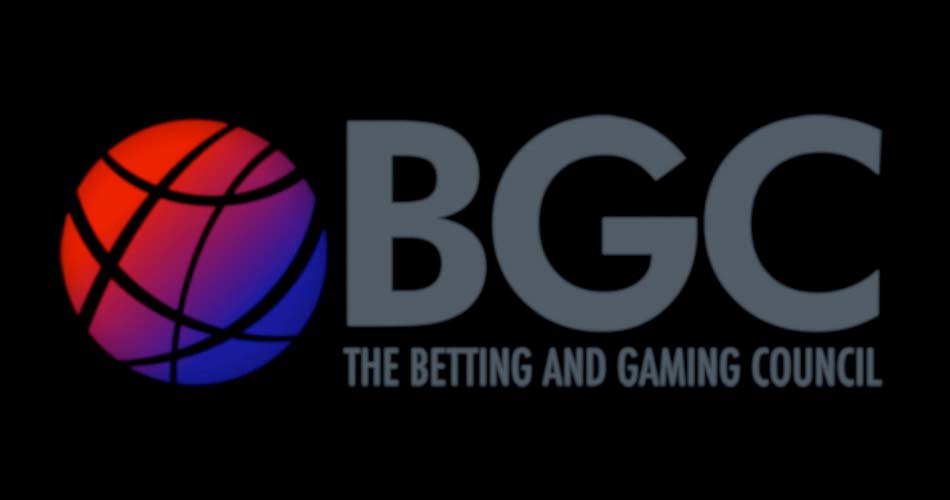Betting And Gaming Council Responds To UKGC’s New Slots Restrictions

The Betting and Gaming Council (BGC) has issued a response to the UK Gambling Commission’s new restrictions on online slots.
The British company, which was founded back in 2019, has welcomed the new rules issued by the Commission which, as we reported earlier this week, includes a ban on features that speed up gameplay, a ban on slot spins faster than 2.5 seconds, a ban on slot autoplay mechanics, and a ban on imagery or sounds which give an illusion of a win. Operators will be required to implement the changes from October 31st this year.
Issuing a statement praising the new restrictions, BGC Chief Executive Michael Dugher stated the new rules fell in line with the BGC’s beliefs of promoting safer gambling and protecting people. He said: “We welcome the announcement, which builds on the BGC’s new code of conduct from last September for the design of online games in a bid to further improve player safety. BGC members have already introduced measures including the slowing down of spin speeds and banning several gaming features which have caused concern.
“Among the major commitments we have already introduced are minimum game cycle speeds of 2.5 seconds, the ending of turbo play, which allows players to speed up games, and the scrapping of multi-slot play, where a player can place multiple stakes on different games at the same time. We are also progressing a game labelling project which will improve [the] labelling of games in order to educate players on key game characteristics.”
He continued: “None of these new changes apply to the unsafe, unregulated black market online, but the BGC will work with the regulator, academics, consumers and individuals with lived experience of betting-related harm to identify further best practice in game design going forward, to ensure we keep up to date with changes in technology.”
BGC Issues Warning To UK Gambling Industry
The BGC’s response to the UK Gambling Commission’s new slot restrictions comes as the company has issued a stark warning to the UK gambling industry over the dangers of complacency following the release of a new report on illegal, overseas black market gambling sites.
The report, commissioned by the BGC and published today (February 4), was conducted by PwC and based on data collected from gamblers between November and December 2020. The report reveals several worrying trends regarding the use of online illegal black market gambling websites among British players.
The report found that the amount of money staked at unlicensed operators doubled from £1.4 billion to £2.8 billion between November and December 2020, and data used by the report also revealed that the number of poeple in the UK playing at an unlicensed casino website increased from 210,000 two years ago to 460,000 at the end of the two-month period.
The survey, obtained via the BGC, reads: “Based on our survey, the proportion of UK online gamers using an unlicensed operator has increased from 2.2% to 4.5% in the last 1-2 yeats. This equates to an increase from c210,000 players in 2018-2019 to c460,000 in 2020.”
“A sizeable and growing share of stakes is placed with unlicensed sites, growing over the last 1-2 years broadly in line with usage (i.e. doubling). Those that gamble with unlicensed operators still almost always gamble with licensed operators as well. Our survey found that share of online stakes with unlicensed operators had grown from 1.2% in 2018/19 to 2.3%. This corresponds to a doubling of stakes with unlicensed online operators from £1.4 billion to £2.8 billion.”
PwC’s report also found that the size of the online black market is generally larger in countries where the regulated gambling industry is less competitive. Countries such as France, Spain, Italy, and Norway were used as examples of countries with bigger illegal markets due to tighter restrictions on operators.
Stating that the UK has a smaller unlicensed market than many European countries, the PwC’s report continues: “Whilst it is no possible to isolate the impact of individual regulatory characteristics, the above assessment suggests that jurisdictions with a higher unlicensed market share tend to exhibit one or more restrictive regulatory or licensing characteristics.”
Speaking about the report, BGC’s Michael Dugher said: “This new report by PwC is an impressive and comprehensive piece of work which demonstrates how the unsafe, unregulated black market is a growing threat to British punters. These illicit sites have none of the regulated sector’s consumer protections in place, such as strict ID and age verification checks, safer gambling messages, and the ability to set deposit limits.”
Dugher, whose previous warning of the dangers of the illegal market and of overregulation was dismissed by the UK Gambling Commission, continued: “I know this evidence is inconvenient to those who seek to dismiss and play down the threat of the black market, but there is a real danger of complacency.
“The UK risks sleepwalking into changes where the main beneficiary is the unlicensed black market. We all have an interest in getting future changes right, so [we] must take heed of this latest evidence and look at what is happening elsewhere around the world.”
The release of PwC’s report comes just as the UK Government has launched its review of the Gambling Act 2005 with a call for evidence which will run through to March. The review of the Gambling Act will reportedly see some major overhauls to the gambling industry, including a potential ban on shirt sponsorships, tighter restrictions on games, tighter verification measures, and stake limits too among other changes.
Just last week, sources close to Downing Street claimed that a ban on shirt sponsorships is “likely” as Prime Minister Boris Johnson is in favour of the ban and is looking to make “major reforms”. There have been concerns regarding the negative impact of a shirt sponsorship ban on the sports industry, particularly football, and reports claim the UK Government may introduce a sports rights levy to increase the missing funding.